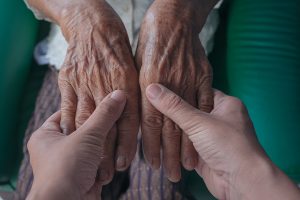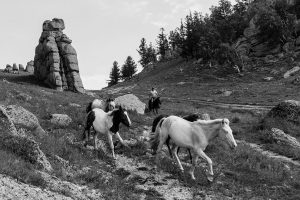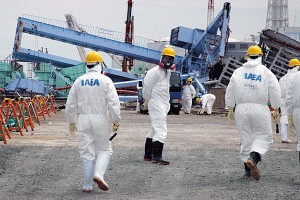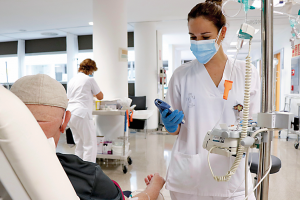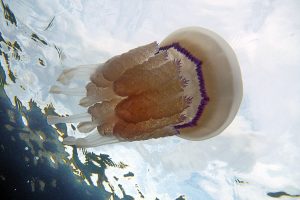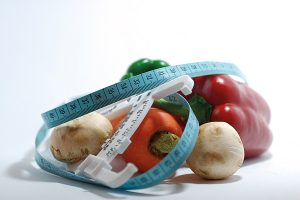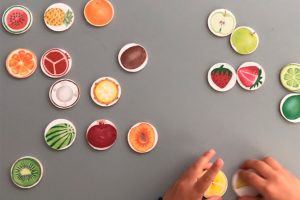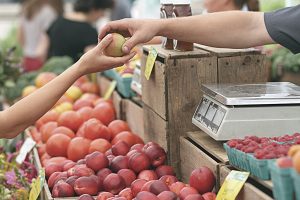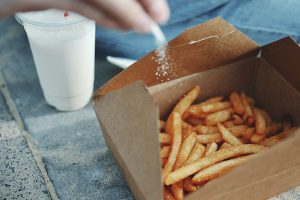Search
This monograph explores transhumanism and provides arguments to participate in what might very well be the most important debate in our history.
Ageing occurs because we divest energy from ourselves and into reproduction, so we have less available to survive.
Humans' control over breathing enabled them to laugh, unlike other animals such as horses.
In the aftermath of the earthquake and tsunami, citizens used various radiation measurement instruments. This article explores how the study of these devices can contribute to the understanding of citizen science.
The author discusses how women have been rendered invisible during the COVID-19 pandemic and how we have experienced a regression in gender biases.
Vulnerable species with bioactive potential must be protected because they are a potential source of molecules with pharmacological properties.
Miracle diets can produce health issues due to rapid weight loss, excessive energy restrictions, and the exclusion of certain foods or nutrients from the diet.
For guidelines to be useful, they must consider cultural, anthropological, educational, social, and economic factors, as well as the usual diet of the target society.
There is a widespread misconception, mainly due to perverse agnogenic practices, that nutrition is hard and confusing, that we do not really know what to eat and that health professionals cannot agree.
Nutritional epidemiology currently studies the diet-disease relationships. In this review, we analyse the impact of diet on health and the importance of dietary factors in the prevention of non-communicable diseases.


